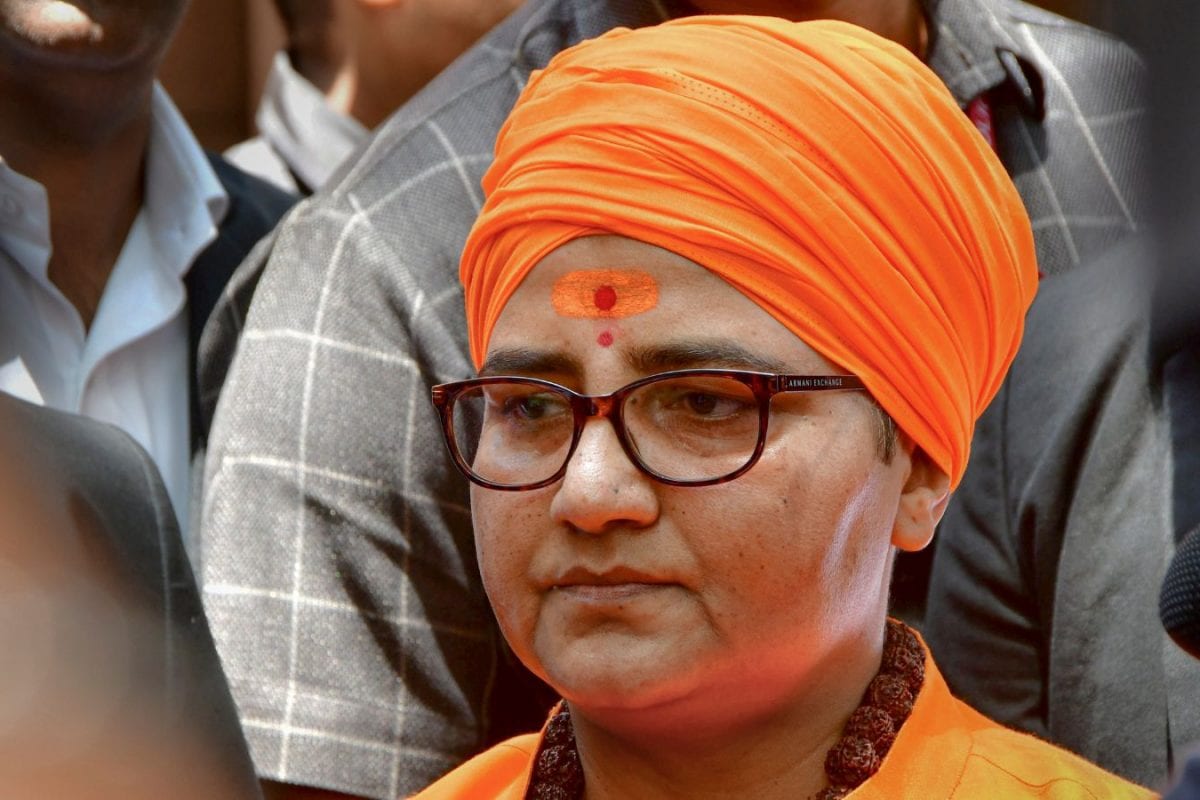

The 2008 Malegaon blast case, a complex and politically sensitive trial, has finally reached a critical juncture with a verdict expected on July 31, 2025, nearly 17 years after the deadly attack. The case has been through multiple investigating agencies, numerous witnesses, and several legal twists and turns.
On September 29, 2008, a bomb strapped to a motorcycle exploded in a crowded market square in Malegaon, Maharashtra, killing six people and injuring over 100. The blast occurred during the holy month of Ramadan and on the eve of Navratri, raising concerns about communal tensions. The initial investigation was conducted by the Maharashtra Anti-Terrorism Squad (ATS), led by Hemant Karkare, who was later killed in the 2008 Mumbai terror attacks. The ATS investigation suggested the involvement of Hindu extremist groups, alleging that they wanted to target Malegaon's Muslim residents.
In October 2008, the ATS arrested Sadhvi Pragya Singh Thakur, a former BJP MP, after tracing the motorcycle used in the blast to her. Lt. Colonel Shrikant Prasad Purohit, a serving Army officer, was arrested the following month. By November 2008, the ATS had arrested 11 people and invoked the Maharashtra Control of Organised Crime Act (MCOCA) against them, alleging that an organization called Abhinav Bharat was functioning as an organized crime syndicate. In January 2009, the ATS filed its first charge sheet. The charges included sections 16 and 18 of the Unlawful Activities (Prevention) Act (UAPA) and various sections of the Indian Penal Code (IPC), such as criminal conspiracy, murder, and promoting enmity between religious groups.
In 2011, the case was transferred to the National Investigation Agency (NIA). The NIA filed a supplementary charge sheet in 2016, dropping charges under MCOCA and some charges against Pragya Singh Thakur, stating a lack of evidence. However, the special court rejected the NIA's stand and ruled that Thakur would have to stand trial. On December 27, 2017, the special court dropped MCOCA charges against all accused but said they would be charged under UAPA and IPC. In October 2018, the special court framed charges against seven accused under UAPA and IPC.
The trial commenced in December 2018, with the prosecution examining 323 witnesses. Approximately 40 witnesses turned hostile, including key witnesses linked to the early ATS probe. The trial spanned five different NIA judges. Over 10,800 exhibits were submitted, and 404 articles were seized and tagged as evidence. The hearing of evidence concluded in September 2023. The prosecution submitted detailed written arguments spanning over 1,300 pages in April 2025.
The seven accused who faced trial are Pragya Singh Thakur, Lt Colonel Prasad Purohit, Major Ramesh Upadhyay (Retd), Ajay Rahirkar, Sameer Kulkarni, Sudhakar Chaturvedi, and Sudhakar Dhar Dwivedi. They are currently out on bail. The NIA has sought "commensurate punishment" for the accused.
Throughout the trial, various arguments and counter-arguments have been presented. The ATS claimed the accused attended meetings where discussions were held on targeting Muslims, while the NIA later found lacunae in the ATS investigation. Some accused have alleged torture and fabrication of evidence.
The verdict, now expected on July 31, 2025, will be pronounced by Special Judge A. K. Lahoti of the Special NIA Court in Mumbai. The case has remained at the center of legal, political, and ideological debates in India, and the verdict is expected to have significant ramifications across political and legal spheres.